The Importance of Play in Child Development
Play is fundamental to childhood, as it is instrumental to children’s physical, emotional, social and intellectual development. Kids can learn their world through play, develop skills, and form relationships. In this article, learn about how play nourishes child growth in different ways and why it is so important to build a balanced person.
The Role of Play in Physical Development
- To Develop Gross Motor Control Running, jumping, climbing, puzzles, drawing all build gross motor control.
- Health and Fitness Playing regularly gets your heart pumping and increases strength and overall body condition.
- Space-building Exploratory movement and play: It’s through movement that kids become aware of their physical space and spatial relations.
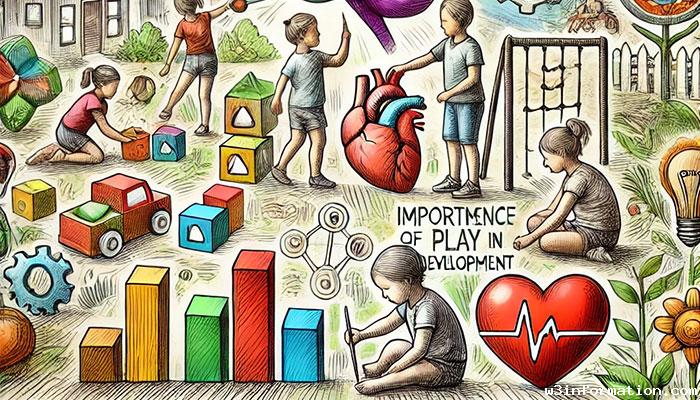
Cognitive Benefits of Play
- Helps Children To Develop Problem-solving Thinking, Experimentation And Resolution Skills During play, kids become problem solvers.
- Engaging Creativity and Imagination Role play and play allows children to play with new ideas and scenarios.
- Boosting Brain Development Play builds up neural networks and boosts memory, attention and reasoning.
Learning to be Socially and emotionally Developed Through Play.
- Lessons on Sharing, Negotiation, and Collaboration Group games help children share, negotiate, and collaborate in common interests.
- Creating Emotional Regulation Play: Play helps children feel, to control and endure.
- Building Self-Belief and Autonomy Through self-directed play, children can believe in their own skills and make their own decisions.
Types of Play and What They Mean
- Unstructured Play Unstructured play allows for improvisation and free-play and lets children play with whatever interests them.
- Formal Play Formal play, like sports or games, teach children discipline, rules, and cooperation.
- Pretend Play: Role-playing activities such as house and being a doctor develop imagination and compassion.
- Outdoor play – Nature is about physical activity and curiosity.
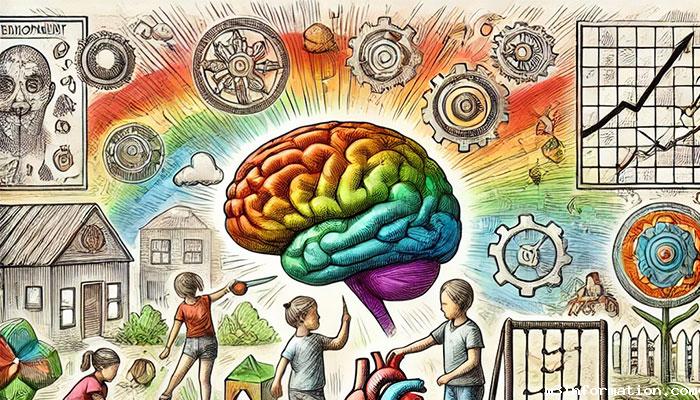
Play: What Parents and Teachers Can Do to Support Play?
- Giving a Safe Place Give kids safe places and age-appropriate toys to play with.
- Encourage Diverse Play Activities Offer many different play activities to aid in different developmental stages.
- Balance Play and Structured Learning Include play in daily life but do not reduce it to secondary school work.
Obstacles to Play in the Contemporary Ages
- Technology and Screen Time Overtime in front of the screen can detract from free-play.
- Lack of Access to Play Areas Urbanisation and safety restrictions may also limit outdoor time for children.
- Learning Excesses: Overemphasis on work cuts off play time.
Solutions to Encourage Play
- Limit Screen Time Limit technology use to active, creative play.
- Invest in Neighborhood Play Spaces and Create Parks Advocate for Neighborhood Parks and Play Spaces.
- Encourage Play in School Include recess and play in the school day to make learning and play go together.
Conclusion
Play is the backbone of childhood development that sets the stage for lifelong learning, health and social competence. Keeping diversity of play available for children can lead parents, teachers and societies to ensure that children become well-rounded, capable adults. That’s what playing means for creating a better, healthier tomorrow for the next generation.
W3information helps you to get knowledge about the new information. This site under copyright content belongs to w3information. By using this site, you agree to have read and accepted our terms of use, cookie and privacy policy.
 Top 10 Comfort Foods to Try This Winter
Top 10 Comfort Foods to Try This Winter
 Top 10 Christmas Destinations Around the World
Top 10 Christmas Destinations Around the World
 Navigating Adolescence: Tips for Parents and Teens
Navigating Adolescence: Tips for Parents and Teens
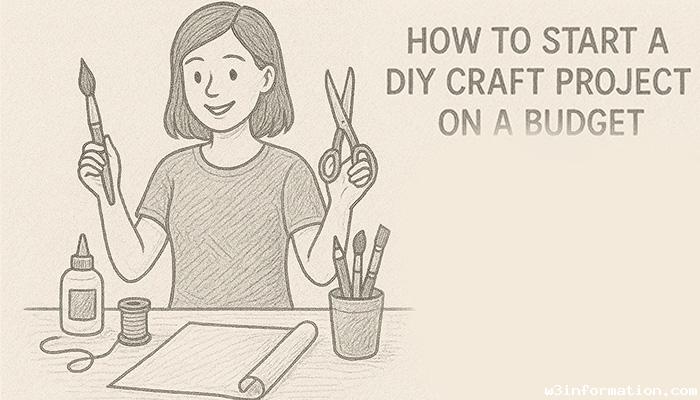 How to Start a DIY Craft Project on a Budget
How to Start a DIY Craft Project on a Budget
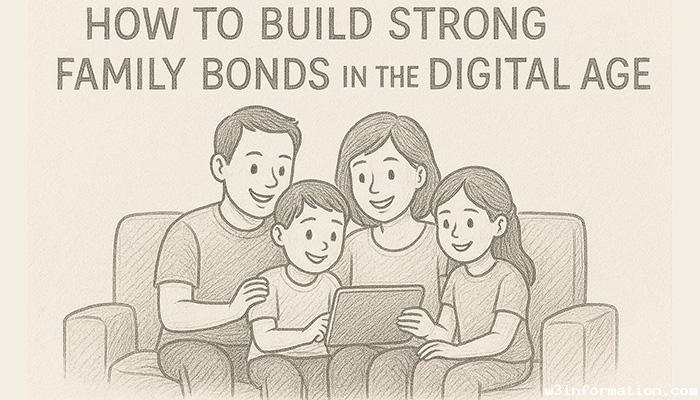 How to Build Strong Family Bonds in the Digital Age
How to Build Strong Family Bonds in the Digital Age
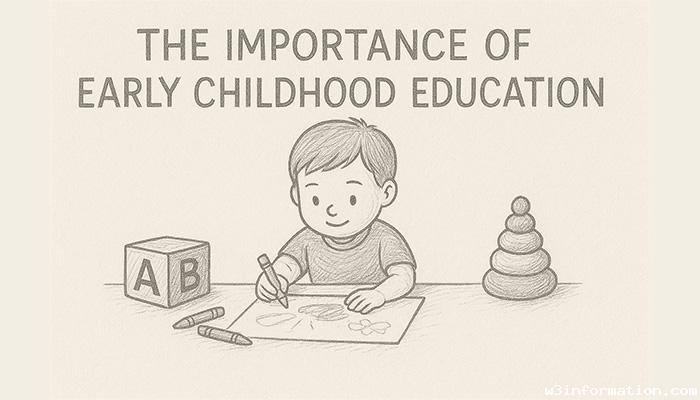 The Importance of Early Childhood Education
The Importance of Early Childhood Education